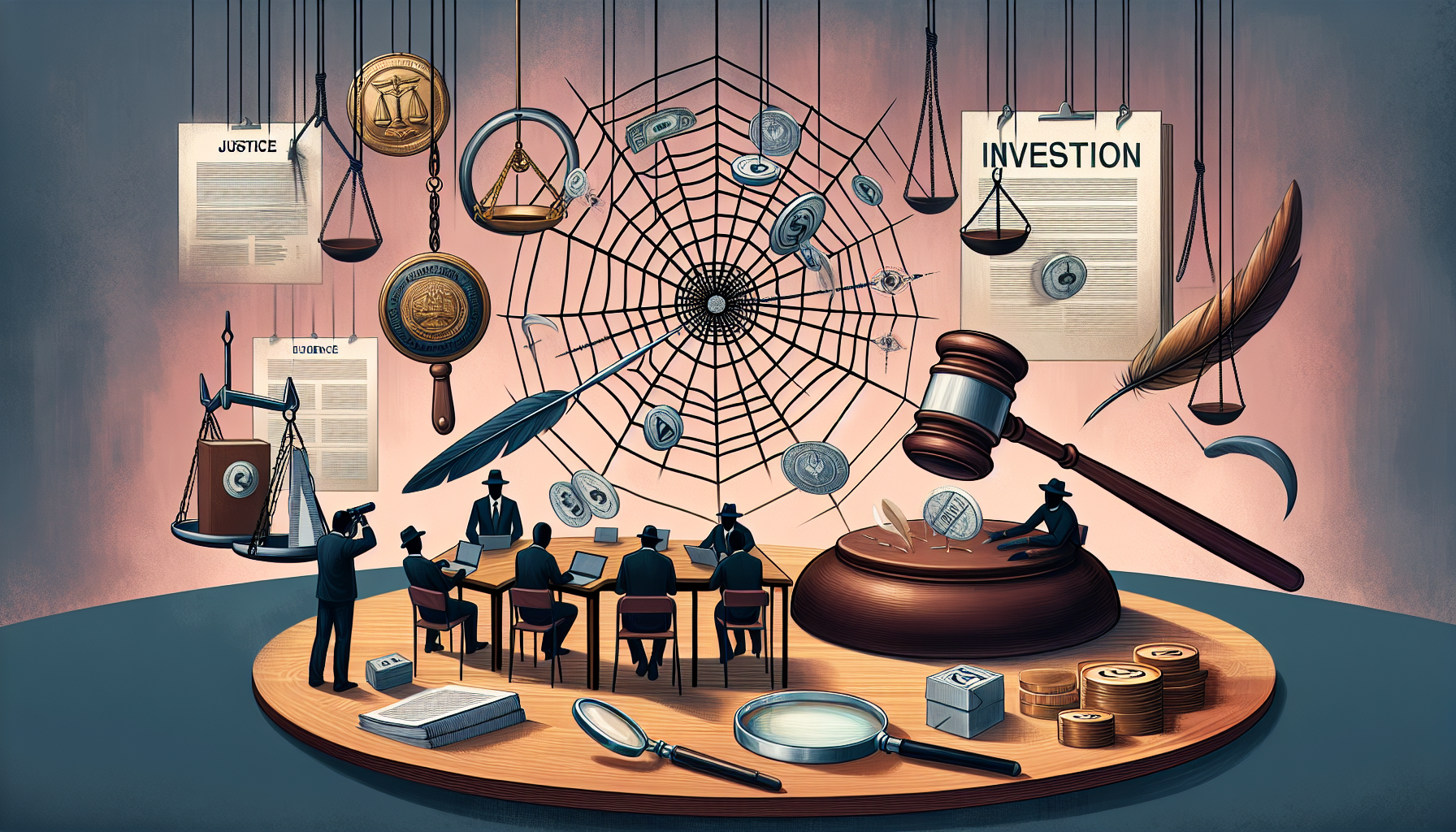
Court Halts FTC Inquiry into Media Matters
In a noteworthy legal turn, the court has paused the Federal Trade Commission’s (FTC) inquiry into Media Matters, a media nonprofit recognized for its analysis of advertising methods. This ruling occurs amidst ongoing legal confrontations involving Media Matters, Elon Musk’s X, and the FTC.
Background: Media Matters vs. X
In 2023, Media Matters released findings revealing that advertisements appeared on X (previously Twitter) alongside neo-Nazi and antisemitic material. This disclosure prompted a considerable withdrawal of advertisers from the platform. In reaction, Elon Musk’s X initiated a lawsuit against Media Matters, alleging that the nonprofit doctored images to portray advertisers’ posts next to extremist content.
FTC’s Inquiry and Media Matters’ Counteraction
In May, the FTC commenced an investigation into Media Matters, exploring whether the nonprofit breached antitrust laws by purportedly coordinating with advertising and advocacy organizations to boycott X. Media Matters retaliated by suing the FTC, asserting that the investigation was vindictive, aimed at penalizing the nonprofit for its critical coverage of X’s content practices.
Court’s Ruling: A Win for Media Matters
Judge Sparkle L. Sooknanan issued a preliminary injunction favoring Media Matters, concurring that the FTC’s inquiry was retaliatory and likely to prevail on First Amendment grounds. The judge remarked that such investigations could dissuade journalists from covering issues of public significance, effectively muting dissenting voices.
Implications for Journalism and Free Speech
The court’s ruling highlights the necessity of safeguarding journalistic independence and the First Amendment. Angelo Carusone, president of Media Matters, stressed the importance of resisting intimidation and upholding free speech rights. This ruling also emphasizes the ongoing friction between media watchdogs and influential entities like X, as well as the broader consequences for media liberty.
Persistent Legal Conflicts
Although the FTC inquiry has been suspended, Elon Musk’s lawsuits against Media Matters continue. Furthermore, previous efforts by attorneys general in Texas and Missouri to investigate the nonprofit have also been halted by the judiciary.
Conclusion
The court’s decision to obstruct the FTC’s inquiry into Media Matters signifies a crucial moment for media independence and the defense of journalistic rights. As legal struggles persist, this case serves as a reminder of the vital role that media watchdogs fulfill in holding powerful entities accountable and the necessity of protecting free speech.
Q&A
Q1: What did Media Matters’ findings reveal?
A1: Media Matters presented findings indicating that ads were shown on X alongside neo-Nazi and antisemitic material.
Q2: What prompted the FTC to investigate Media Matters?
A2: The FTC investigated Media Matters for allegedly breaching antitrust laws by collaborating with groups to boycott X.
Q3: What was the result of the court’s ruling?
A3: The court blocked the FTC’s investigation, determining it to be a retaliatory measure against Media Matters.
Q4: Are there still legal challenges for Media Matters?
A4: Yes, Elon Musk’s lawsuits against Media Matters remain active.
Q5: What implications does this decision have for journalism?
A5: The ruling reinforces the safeguarding of journalistic freedom and the First Amendment, discouraging retaliatory inquiries against media organizations.